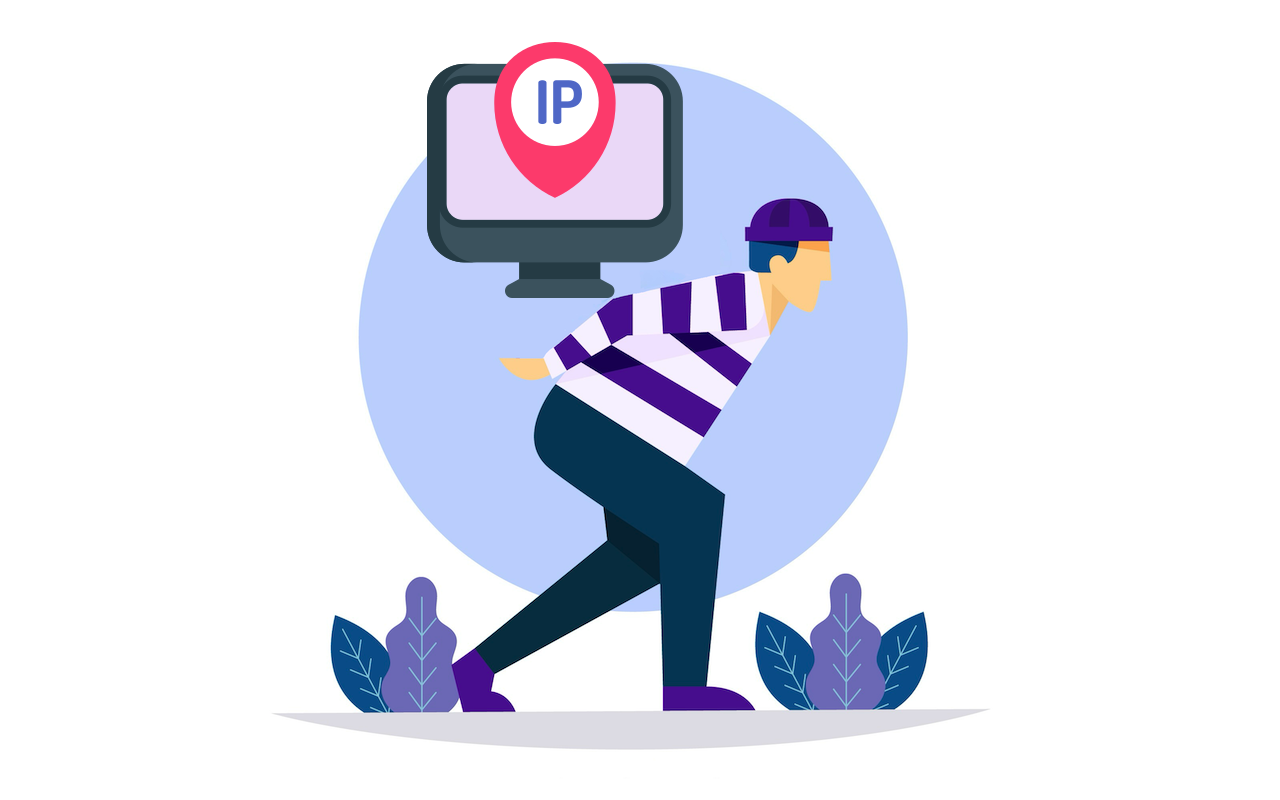
An IP stresser is a network load testing tool designed to evaluate the stability and performance of a server or online service under heavy traffic. Organizations use IP stressers to simulate peak loads, identify weak points, and ensure that a website or network can handle surges in requests without downtime.
Although the term is often associated with cyberattacks, legally operated IP stressers serve an important role in cybersecurity and performance engineering. When used responsibly and only on infrastructure you own or have permission to test, an IP stresser can be an essential part of network resilience planning.
How an IP Stresser Works
IP stressers function by generating a large volume of network requests directed at a specific IP address. The goal is to create controlled overload conditions similar to what may happen during marketing campaigns, product launches, or unexpected spikes in public interest.
Depending on the tool, an IP stresser may simulate different types of network traffic, including:
- UDP or TCP packet floods
- HTTP or HTTPS request bursts
- Mixed or randomized traffic patterns
- Traffic that imitates real user behavior
The results help system administrators determine whether their infrastructure requires improvements, such as increased server capacity, better load balancing, optimized CDN configuration, or enhanced security filters.
Legal Use Cases for IP Stressing
Using an IP stresser is legal only when the testing is performed on systems you own or have official authorization to evaluate. Legitimate applications include:
| Purpose | Benefit |
|---|---|
| Server load testing | Determines maximum traffic capacity |
| CDN and load balancer optimization | Improves speed and uptime |
| Network security assessment | Identifies vulnerabilities early |
| Preparation for peak traffic events | Prevents crashes during promotions |
Many companies perform controlled stress tests before major sales events or major content releases to avoid service interruptions.
Illegal Misuse and Legal Risk
While legitimate IP stressers exist, some websites promote "DDoS-for-hire" services disguised as IP stress testers. Using such platforms to disrupt other networks is illegal in most countries.
Potential consequences include:
- Criminal charges and prosecution
- Heavy fines
- Loss of internet service or account termination
- Seizure of equipment and digital assets
Because of these risks, organizations should rely only on authorized and reputable load testing methods.
Safe and Legal Alternatives
There are several trusted tools that allow network stress testing without violating the law:
- k6 for HTTP load testing
- Apache JMeter for web application scalability analysis
- Gatling for continuous performance testing
- Cloud-based load test platforms from AWS, Google Cloud, and Cloudflare
These solutions offer detailed analytics, traffic customization, and professional testing environments.
Conclusion
An ip stresser is a valuable network testing tool when used ethically and legally. It helps organizations measure server resilience, prevent downtime, and ensure a reliable user experience during high-traffic periods. However, unauthorized use of IP stressers for disruptive purposes is illegal and carries serious consequences. For responsible load testing, security professionals should choose trusted, lawful performance evaluation tools.
Disclaimer:
The information provided in this article is for educational and lawful testing purposes only. IP stressers and network load testing tools should be used exclusively on systems that you own or have explicit permission to test. Unauthorized use of these tools against third-party networks, websites, or servers is illegal in many jurisdictions and may lead to criminal prosecution, financial penalties, and other serious consequences. The content presented here does not encourage, endorse, or support any form of malicious activity, including distributed denial-of-service (DDoS) attacks or unauthorized network disruption. Readers are solely responsible for ensuring that any testing they perform complies with all applicable laws, regulations, and organizational policies. Neither this article nor its publisher assumes any liability for misuse or unlawful actions taken based on the information provided.
Featured Image by Freepik.
Share this post
Leave a comment
All comments are moderated. Spammy and bot submitted comments are deleted. Please submit the comments that are helpful to others, and we'll approve your comments. A comment that includes outbound link will only be approved if the content is relevant to the topic, and has some value to our readers.

Comments (0)
No comment